UN humanitarian chief calls for freeze on use of cluster bombs
 UN humanitarian chief Jan Egeland called on Tuesday for an immediate global freeze on cluster bombs following their intensive use during the recent conflict in Lebanon, adding to a growing chorus to outlaw the weapons.
UN humanitarian chief Jan Egeland called on Tuesday for an immediate global freeze on cluster bombs following their intensive use during the recent conflict in Lebanon, adding to a growing chorus to outlaw the weapons.
The world body said in a statement that hundreds of thousands of people in Lebanon were at risk due to unexploded cluster munitions, marking only the most recent example of the "devastating" and lingering impact of such weaponry.
"As a matter of urgency, I call on all states to implement an immediate freeze on the use of cluster munitions," Jan Egeland, the United Nations under-secretary general for humanitarian affairs, said in a statement.
"This freeze is essential until the international community puts in place effective legal instruments to address urgent humanitarian concerns about their use," he added.
The appeal came at the beginning of a review conference on a global arms treaty that restricts some types of conventional munitions and has been ratified by about 100 countries.
UN Secretary General Kofi Annan stopped short of his humanitarian chief's outright call for a moratorium, urging instead measures to reduce the harm caused to civilians.
Annan suggested a freeze on use near civilian areas and on trade in cluster bombs "that are known to be inaccurate and unreliable".
"I challenge you to establish technical requirements for new weapons systems so that the risk they pose to civilian populations can be reduced," he said in a message to a review conference of the Convention on Certain Conventional Weapons.
The International Committee of the Red Cross (ICRC) made a similar appeal to Egeland's on Monday, calling in addition for stocks to be destroyed.
The war victims aid group Handicap International said on Tuesday that about 180 non-governmental organisations in 50 countries had started a campaign for an international ban on cluster munitions, which release several hundred smaller bomblets when they explode.
A US official told the conference in Geneva that Washington still held the same view on cluster munitions as during other talks 32 years ago -- that the alternative was to use an increased number of high explosive rounds with more devastating effect.
Egeland said on Tuesday "Ultimately, as long as there is no effective ban, these weapons will continue to disproportionately affect civilians, maiming and killing women, children and other vulnerable groups."
The Convention on Certain Conventional Weapons bans or restricts the use of chosen types of weapons that cause "unnecessary or unjustifiable suffering to combatants" or that indiscriminately affect civilians.
Currently it covers some types of fragmentation shells, some landmines or booby traps, and incendiary devices in civilian areas.
The United Nations said the density of unexploded cluster munitions in Lebanon was higher than those found after conflicts in Kosovo and Iraq which had already caused alarm among humanitarian agencies.
The unexploded ordinance is a "constant threat" to 200,000 refugees and internally displaced people in Lebanon as well as for hundreds of thousands of people returning to their homes and for humanitarian and reconstruction workers, it added.
Laos, Cambodia and Vietnam are still suffering from the burden of unexploded cluster munitions some 30 years after the end of conflicts there, the UN said.
The ICRC found that 95 to 98 percent of cluster munitions are neither reliable nor accurate, while 10 to 40 percent of the bomblets scattered by a mother bomb fail to explode.
An additional protocol to the Convention, which obliges signatories of the protocol to help clean up any unexploded munitions after conflicts, is due to enter into force next on Sunday. Only 25 nations have signed up to the pledge so far, and Egeland called for wider acceptance.
Austria, Ireland, Mexico, New Zealand, Sweden and the Vatican have proposed negotiations on another new protocol to deal with the humanitarian problems associated with cluster munitions.

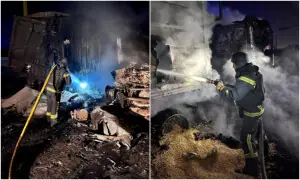

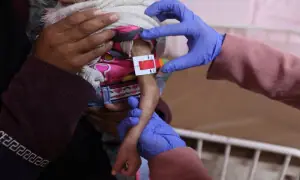
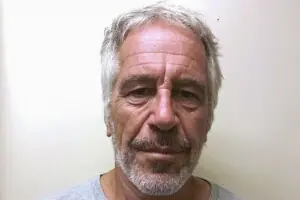
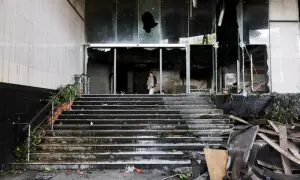
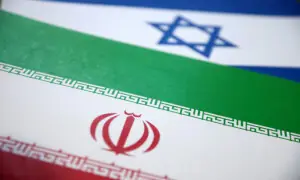

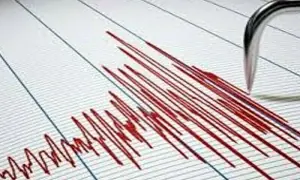

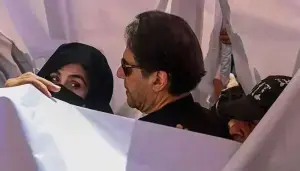


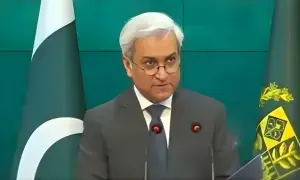
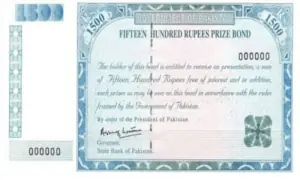
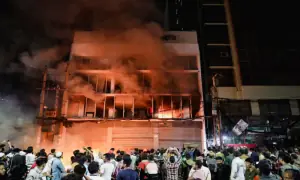

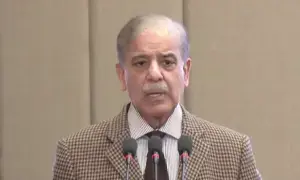

Comments are closed on this story.